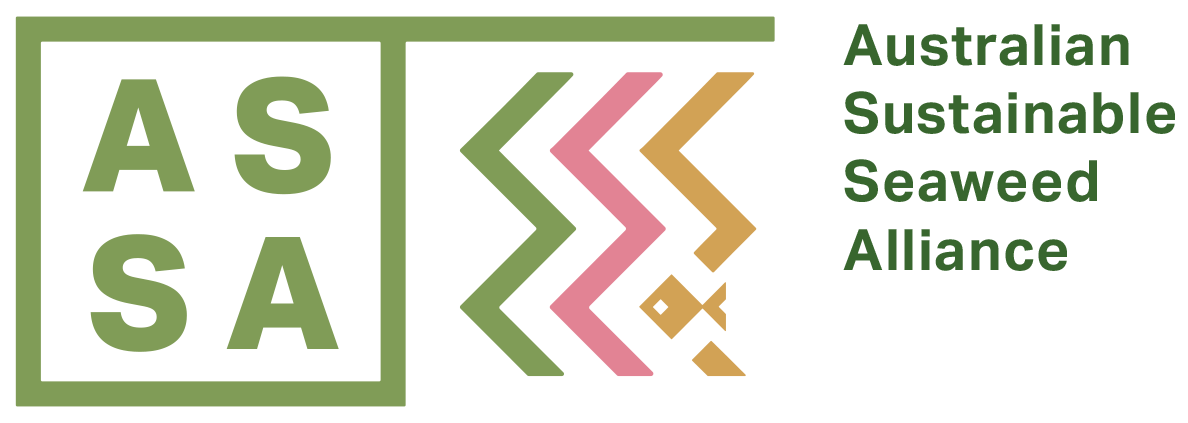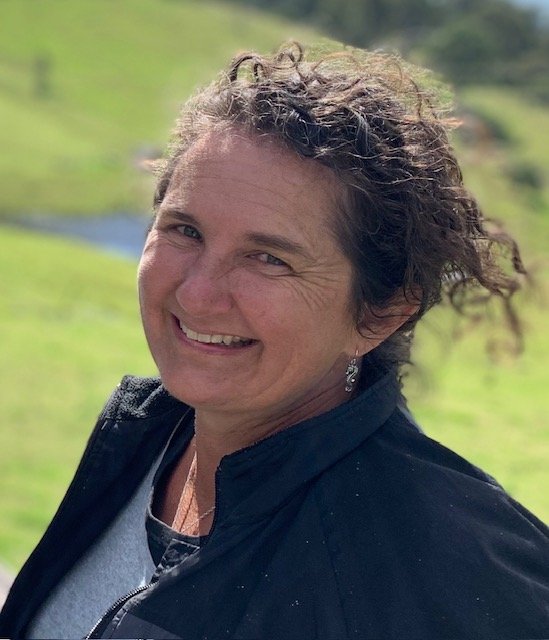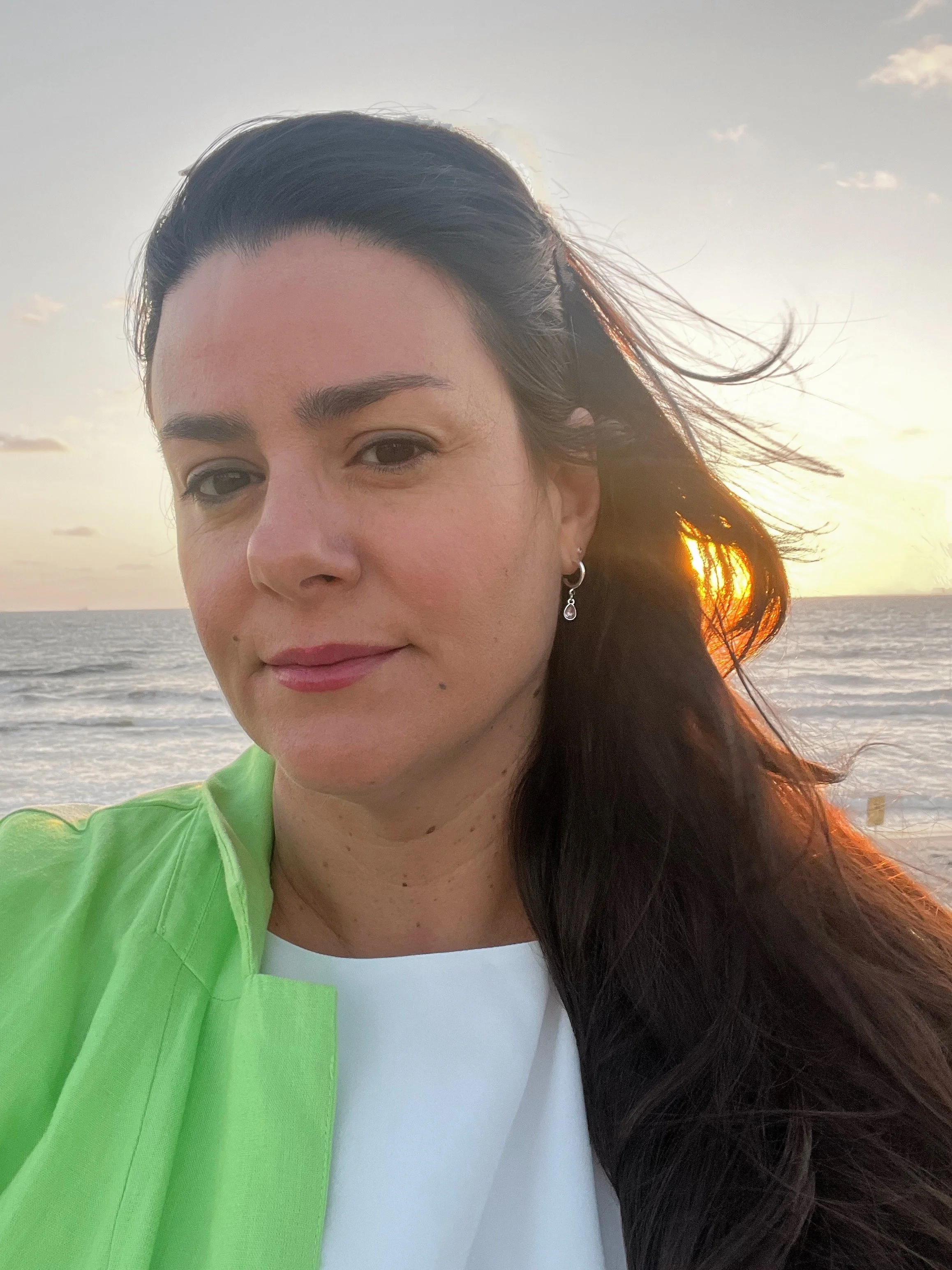Jens Knauer PhD National Aquaculture Research Director
Jens is an Aquaculture and Marine Conservation Manager and holds both a MSc (Rhodes University) and PhD (James Cook University) in Aquaculture. He has more than 30 years of experience of aquaculture research, teaching and working in the industry in South Africa, Australia and Indonesia as well as more than 10 years of experience with reef rehabilitation projects in Indonesia and Australia.
Jens has a long-held fascination with low-trophic aquaculture and has worked with a variety of species such as pearl and edible oysters, sea cucumbers, abalone, giant clams and live rock. His main expertise is centred on project management, mollusc and sea cucumber culture as well as systems design and staff training. He has built and/or modified eight invertebrate hatcheries ranging from simple, low-budget to complex state-of-the-art facilities in remote and regional locations in Australia and Indonesia.
Jens’ main focus will be to coordinate and consolidate the further development of the National Hatchery Network to culture Asparagopsis spp in both Townsville and Adelaide. He will also facilitate the production of a publicly-available culture manual aimed at providing an overview of culture and harvest techniques to prospective farmers.
Margie Rule PhD Senior phycologist and specialist technical consultant
Margie is a marine phycologist and aquaculturist/mariculturist, with specialist capabilities in the fields of seaweed biology, ecology and cultivation. Margie has over thirteen years’ experience working in a variety of roles focused on the diversity, biology, ecology and cultivation of seaweed and has worked for both Sea Forest in Tasmania and Harvest Road in Western Australia and was instrumental in the development of their Asparagopsis farming practices.
In the past three years, Margie has developed marine and land-based farming techniques for Asparagopsis including broodstock collection and maintenance, hatchery establishment, contamination elimination and management, production optimization, successful ocean farming of both species and controlled laboratory sporogenesis and seeded substrates for deployment.
As ASSA's Senior phycologist and specialist technical consultant, Margie is advising on progressing new research hubs, working closely with the dedicated Temperate Research Team in Adelaide and the dedidcate Triopical Research team in Townsville, and is also working closely with the wider ASSA team to build further research capacity within the industry.
Margie holds a PhD from the University of Western Australia (2013) where she examined the effects of climate on the reproductive ecology of the kelp Ecklonia radiata.
Jo Lane BSc GradDipEnv NHN Temperate Research Hub Lead
Jo is a marine biologist, conservationist and owner of Sea Health Products, an Australian business that hand-harvests kelp to produce a unique range of seasonings and skincare from the sea.
Jo’s love of the ocean came when she started a casual job at a large aquarium. Her eyes were opened to wonder and awe of the underwater world, but with that came a sense of urgency to protect and conserve our oceans. Jo has worked in a variety of roles including seal trainer, diver and working with volunteers on coastal weed programs. Over her career, she has also worked in government in marine protection roles.
As ASSA’s National Hatchery Network (NHN) Temperate Research Hub Lead in Adelaide, Jo is applying her technical know-how and deep commercial experience to further understanding the breeding requirements of our diverse seaweed species and is inspired to pioneer a new sustainable industry.
In 2019, Jo received a Churchill Fellowship and travelled extensively overseas to research what is needed to introduce kelp farming aquaculture to Australia. Since returning, she and her team have built a seaweed laboratory, optimised breeding of Ecklonia radiata, and undertaken successful ocean trials.
Aline Paternostro Martins PhD NHN Tropical Research Hub Lead
Aline is a marine scientist with over 20 years of experience in seaweed research. Her expertise encompasses marine macroalgal cultivation, ecophysiology, biochemistry & biotechnological applications.
Aline developed and coordinated several research projects focused on optimizing the production of diverse metabolites from marine macroalgae biomass, aiming to enhance their cultivation and applicability. Furthermore, she conducted investigations into the physiological and biochemical characteristics of these organisms. As a result of this experience, Aline led two scientific expeditions to Antarctica and received an invitation to join ULUU’s team in Perth. There, she actively contributed to a significant environmental initiative: the development of biodegradable plastic from macroalgae biomass.
As ASSA’s National Hatchery Network (NHN) Tropical Research Hub Lead in Townsville, Aline is leading efforts to establish the new tropical hatchery hub and develop the cultivation of tropical seaweeds with economic applications.
Aline obtained her PhD in Biochemistry (2013) from São Paulo University and assessed the biotechnological potential of several seaweed species collected along the Brazilian coast. Moreover, she cultivated Dictyota menstrualis in bioreactors, under different nitrogen and carbon dioxide availabilities, to optimize its growth and enhance the production of polyunsaturated fatty acids.




